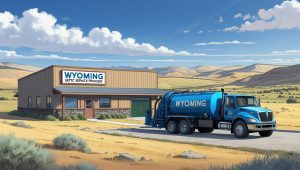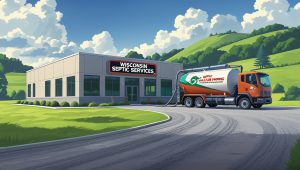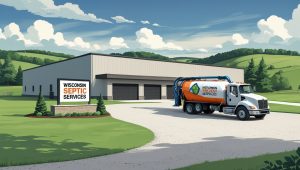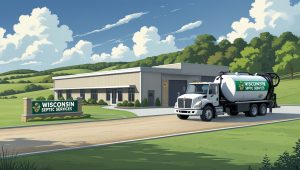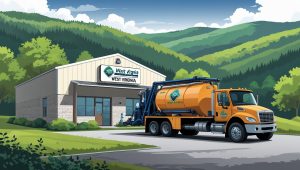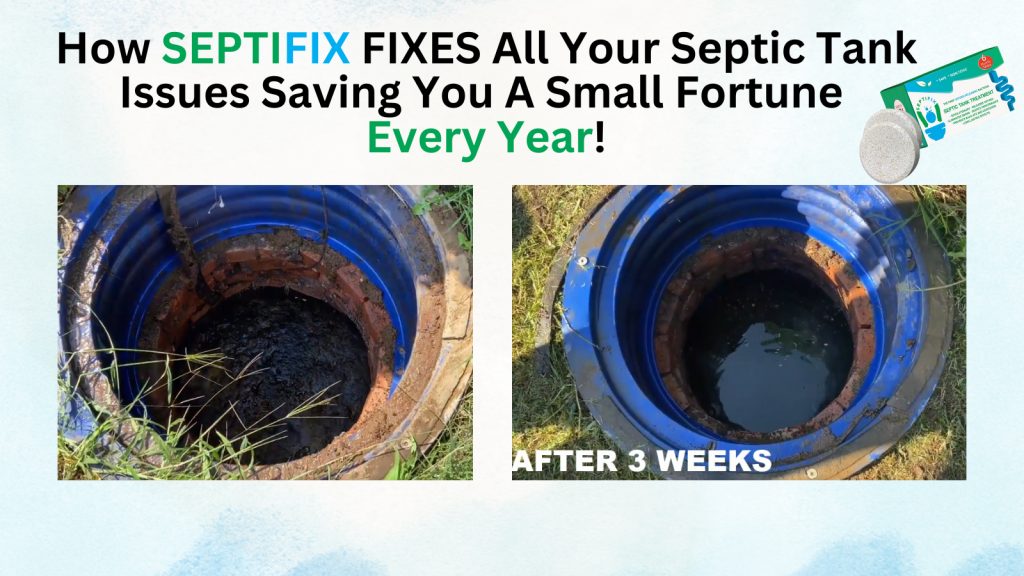Understanding the difference between a drain field and a leach field is essential for proper septic system care. Although these terms are often used interchangeably, they have subtle distinctions. In this guide, we’ll clarify the key differences between these components, explain their roles, and offer essential maintenance tips. By the end, you’ll know how to keep your septic system running efficiently. This Drain Field vs. Leach Field comparison will help you make informed decisions about system care.
Table of Contents
- What is a Drain Field?
- What is a Leach Field?
- Key Differences Between Drain Fields and Leach Fields
- Maintenance Tips for Drain and Leach Fields
- Common Problems and Solutions
- Septifix
A leach field serves a similar purpose to a drain field but is often referred to differently based on regional terminology. It’s a network of trenches filled with gravel or other filtering material, designed to disperse treated wastewater into the soil. When comparing a Drain Field vs. Leach Field, understanding their similarities and slight design differences can ensure proper maintenance and system longevity.
What is a Drain Field?
A drain field, also known as an absorption field, is an underground system designed to treat and disperse wastewater from a septic tank. It ensures that wastewater undergoes natural filtration before re-entering the groundwater.
How Drain Fields Work
Wastewater flows from the septic tank into the drain field through perforated pipes. These pipes allow water to seep into the surrounding soil, where natural bacteria break down remaining contaminants. This process is crucial for preventing groundwater pollution and maintaining a healthy environment.
Drain fields often vary in design, depending on factors like soil type, property size, and local regulations.
For a comprehensive understanding of septic drain field designs, check this EPA Guide on Septic Systems.
What is a Leach Field?
A leach field serves a similar purpose to a drain field but is often referred to differently based on regional terminology. It’s a network of trenches filled with gravel or other filtering material, designed to disperse treated wastewater into the soil.
How Leach Fields Work
After primary treatment in the septic tank, wastewater enters the leach field, where it trickles through perforated pipes. As water seeps through the gravel and soil layers, harmful pathogens are removed through natural filtration.
Both leach and drain fields rely on proper soil conditions to function efficiently.
Key Differences Between Drain Fields and Leach Fields
While the terms are often used interchangeably, there are some differences:
| Drain Field | Leach Field |
|---|---|
| Commonly used term in technical manuals | Commonly used term in rural areas |
| May include advanced filtration systems | Focuses on soil-based filtration |
| Slightly more structured layout | Simpler design, often in smaller systems |
Both systems play a critical role in wastewater management, ensuring safety and environmental health.
For a deeper dive into septic system designs, check out our Septic System Maintenance Guide.
Maintenance Tips for Drain and Leach Fields
Proper maintenance ensures both fields last for decades.
- Avoid Overloading the System: Limit water usage to prevent oversaturation.
- Regular Inspections: Have your septic system inspected at least once a year.
- Watch for Warning Signs: Look for pooling water, foul odors, or slow drainage.
- Use Septic-Safe Products: Avoid chemicals that can disrupt bacterial balance.
Preventing Septic Odors from Drain and Leach Fields
Septic odors are a common concern. They often result from poor ventilation, clogged pipes, or oversaturated fields.
- Ensure your vent pipes are clear.
- Avoid flushing grease, oils, or non-biodegradable items.
- Schedule regular septic pumping.
For detailed odor prevention tips, read our Septic Tank Odor Solutions Guide.
Common Problems and Solutions
Common drain and leach field issues include:
- Clogged Pipes: Often caused by grease or solid waste buildup.
- Oversaturation: Too much water overwhelms the soil’s filtration capacity.
- Compacted Soil: Heavy machinery or frequent foot traffic can damage the soil structure.
When to Call a Professional
If you notice persistent odors, pooling water, or sewage backups, contact a septic professional immediately. These are signs of critical issues that need expert intervention.
For professional maintenance guidance, visit our Septic Care Resource Page.
Conclusion
Understanding the differences between drain fields and leach fields helps you maintain your septic system effectively. Both play essential roles in wastewater management, and proper care ensures long-term efficiency.
Septifix



